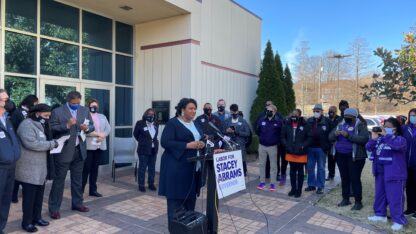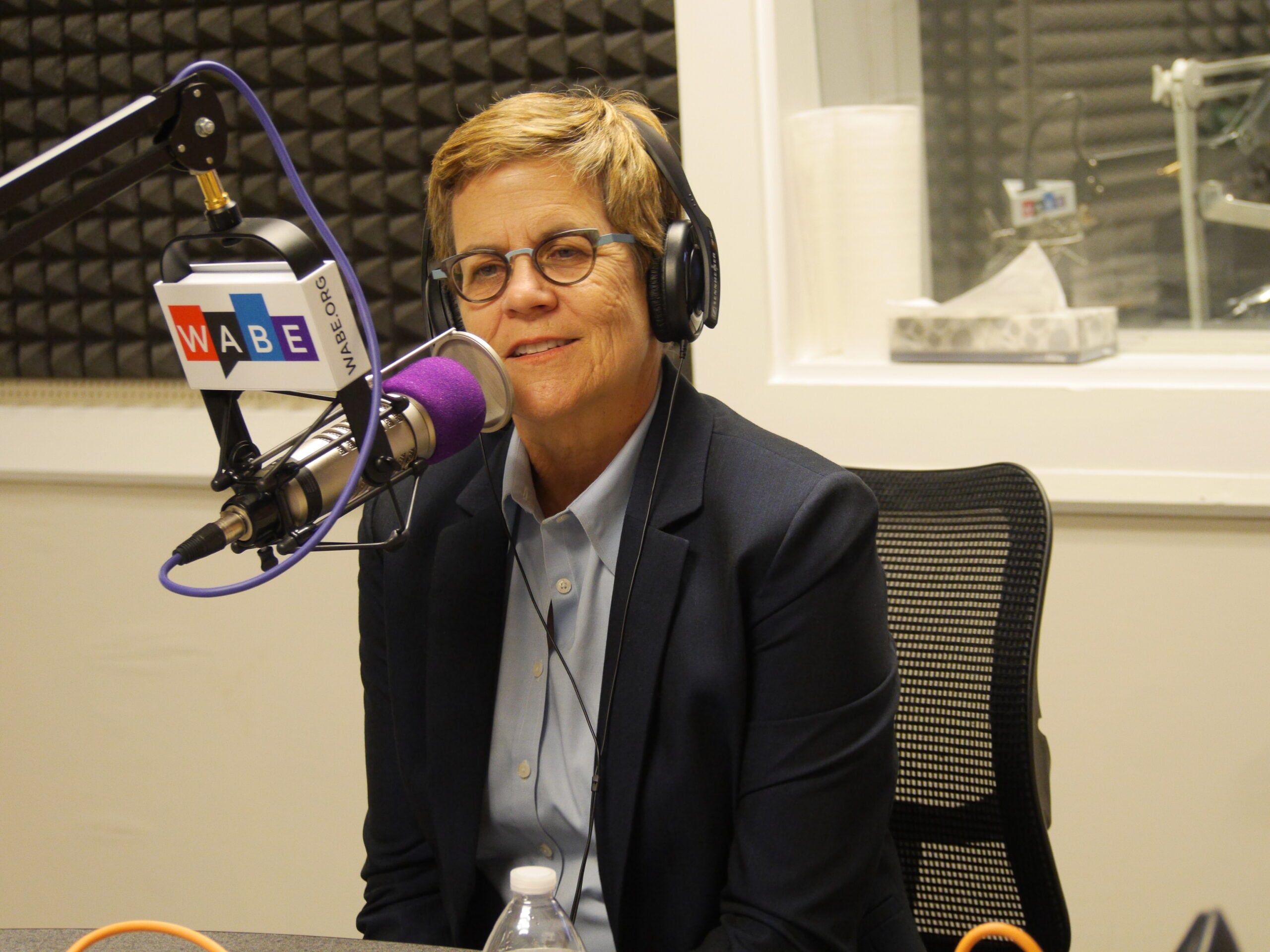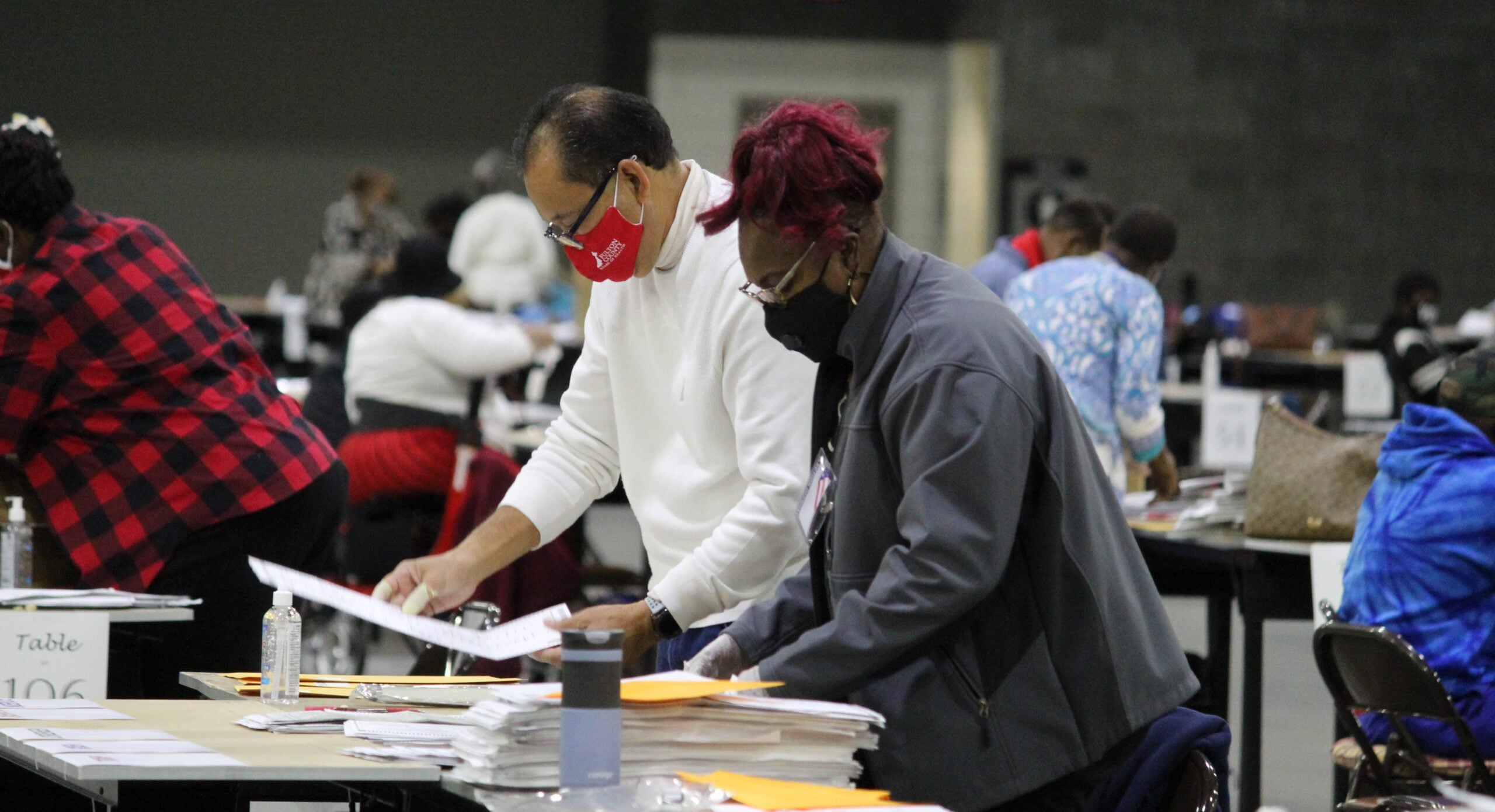National Report Highlights Recent Voting Mishaps In Georgia
A group of civil rights and social justice organizations is advocating for better voting rights protection.
The Racial Equity Anchor Collaborative has compiled a report called “We Vote. We Count,” which details the voter experience across several states.
Several of the cases mentioned in the report have happened in Georgia.
In 2018, several students at Albany State University, a historically black college in southwest Georgia, say they didn’t appear on voter rolls, even though they were registered. They say they were also denied provisional ballots.
The report urges several reforms, including enhanced training for poll workers.
“They [poll workers] are the very backbone of our democracy when it comes to ensuring that people have access to the ballot box,” said Edward Hailes, Jr., general counsel and managing director of the Advancement Project, one of the groups that helped produce the report.
“Properly trained poll workers will be able to identify those times when someone is eligible and should cast a regular ballot rather than a provisional ballot,” said Hailes, who also noted that voters are encouraged to never leave a polling place without filling out at least a provisional ballot if they are not allowed to vote regularly.
Hailes acknowledges that poll workers are usually under stress on Election Day and may not always recall the proper procedures. He says training should focus on scenarios that have come up before.
“What has happened in previous elections? What have been the major issues that have come up? How do we make sure that every poll worker knows exactly what those scenarios are and how to address them.”
The report also detailed an instance in which voters at one polling place in Georgia faced an extra 15 to 20 minute wait when poll workers weren’t sure who could help a voter whose first language wasn’t English.
Hailes says making sure all voters can understand the ballot takes planning.
“The states and counties that do it the best are the ones that reach out early in an election cycle to groups on the ground that are familiar with their communities. They know the people who can properly translate issues and candidates information on a ballot,” Hailes said.
The report claims that the “landscape of American election law has rapidly altered” after key parts of the Voting Rights Act were overturned by the Supreme Court in the Shelby v. Holder decision in 2013.
It listed an instance in 2017 in which residents of Macon-Bibb County faced the threat of having half of their polling places shut down — many of those in minority communities.
New Voting Machines Add Complexity
Georgia election officials and poll workers are set to take on the added responsibility in March 2020 of helping voters use the state’s new electronic voting machines.
The Georgia Secretary of State’s office says the state is confident that issues arose in the six-county pilot test of the new system in November can be addressed mainly through increased poll worker training.








